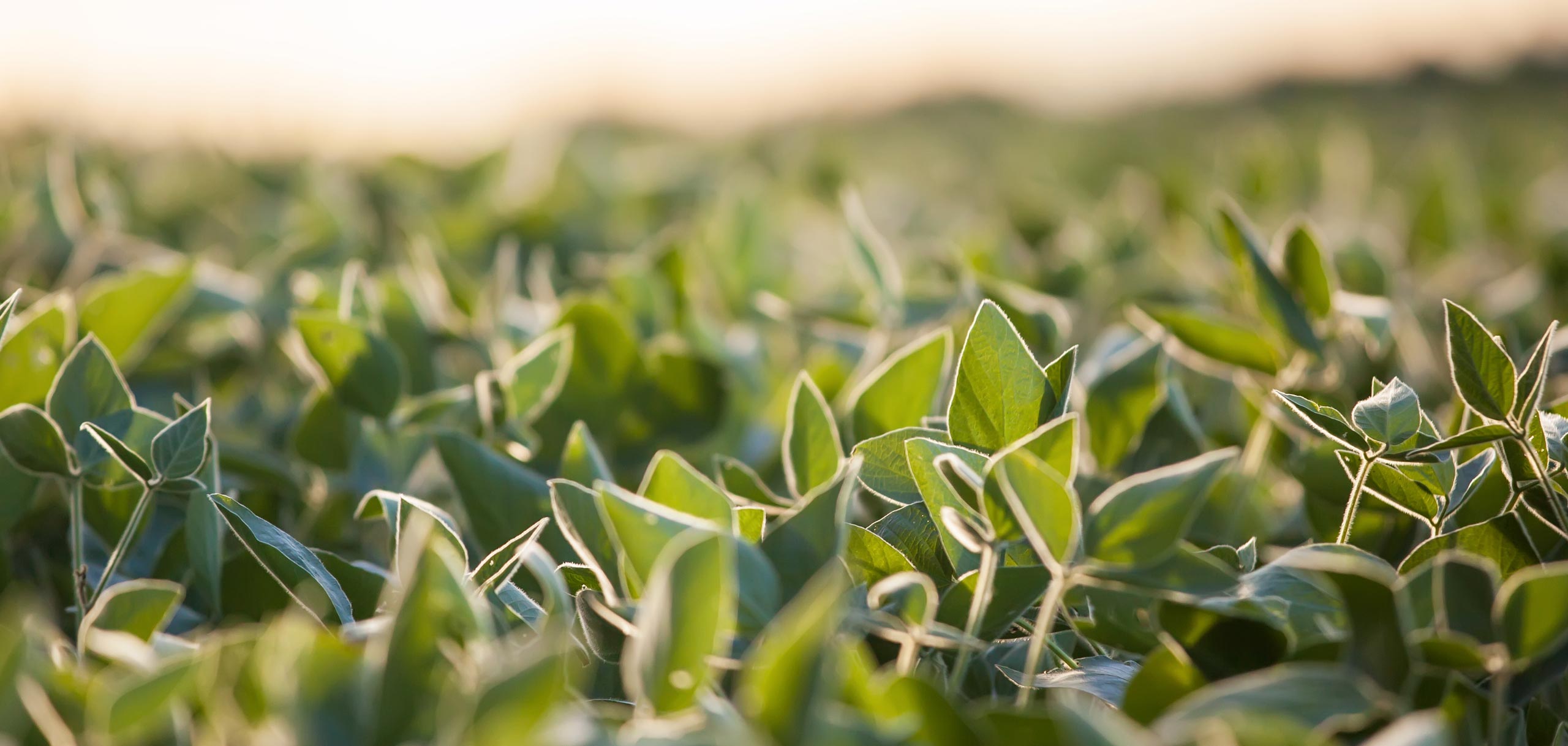USSEC Hosts Seminar to Introduce Soy for Dairy Cattle in Egypt
- Category:
- General News

USSEC is working with Cargill and the Egyptian Milk Producers Association (EMPA) to introduce soybeans and soybean co-products to Egypt’s dairy industry. 55 participants representing Egypt’s top dairy producing companies attended a seminar that took place on June 9 in Cairo. In the two days following the seminar, the USSEC team conducted four one-on-one industry visits to large dairy farms to provide the necessary support for the adoption of soybeans and soybean co-products into dairy feeding.
USSEC consultant Dr. Jan van Eys served as the keynote speaker at the seminar. He remarked, “The Egyptian dairy sector is a rapidly developing industry, moving to increased concentrations and industrial means of dairy production. Two main aspects drive the development of the dairy industry: a) the relatively high population growth rate which is greater than three percent a year; and b) the increased standard of living; all this at a time that Egypt is a net importer of dairy products.”
Egypt’s dairy sector has about four million dairy cows. Of those, approximately 15 percent (600,000) are kept under industrial production conditions with levels of production approaching those of similar operations in the U.S., Canada and Western Europe. The remainder is kept in small farms or under backyard conditions.
“Soybean meal plays a major role in the diets of these animals – now and even more in the future,” Dr. van Eys continued. “The current use rates of soybean meal in lactating cow diets is between two to four kilograms per cow daily and these levels are likely to be sustained. The potential use of soybean meal in the industrial sector of the Egyptian dairy industry is 500,000 to 1,000,000 tons annually while the potential use of hulls is estimated at 1,000,000 tons annually at least.”
Most of the concentrated raw materials to support the dairy industry are imported or locally processed. The Egyptian soy crushing industry has a capacity of approximately 1,850,000 tons of beans, with more than half of those being of U.S. origin. The growing demand for Hi-Pro soybean meal is pushing the growth of the local crushing industry. To meet this growing demand of the poultry, livestock and aquaculture sectors, the Egyptian soy crushing industry is building new capacities for Hi-Pro soybean meal production and the industry will double in size over the next three to four years.
Soy hulls are probably the most valuable co-product from the Hi Pro soybean meal production. USSEC and Cargill have joined forces in order to position the product on the local ingredients market and educate the local dairy industry on nutritional benefits and proper use in the feeding of dairy cattle.
USSEC consultant Dr. Iani Chihaia presented the advantages of soy hulls and extruded full fat soybean meal use in dairy feeding at the seminar.
“At this stage, soy hulls seem to be an underestimated feed resource, simply because there is a lack of understanding regarding the advantages of this raw material in dairy feeding and competition from the sugar beet pulp. However, besides the excellent nutritional profile, the soy hulls are available twelve months per year from the local crushing industry. Educating end users will create a proper understanding of the nutritional value of soy hulls and consumption will increase in dairy feeds, as a substitute for sugar beet pulp, which is available just four months during the year,” Dr. Chihaia stated.
“Attending the USSEC event and receiving USSEC’s technical experts’ visit to our farms was an excellent opportunity to understand the latest trends in dairy nutrition and opportunities created by the availability of the soy co-products from the local crushing industry,” said Mr. Abdul Latif Shash, dairy farm owner.